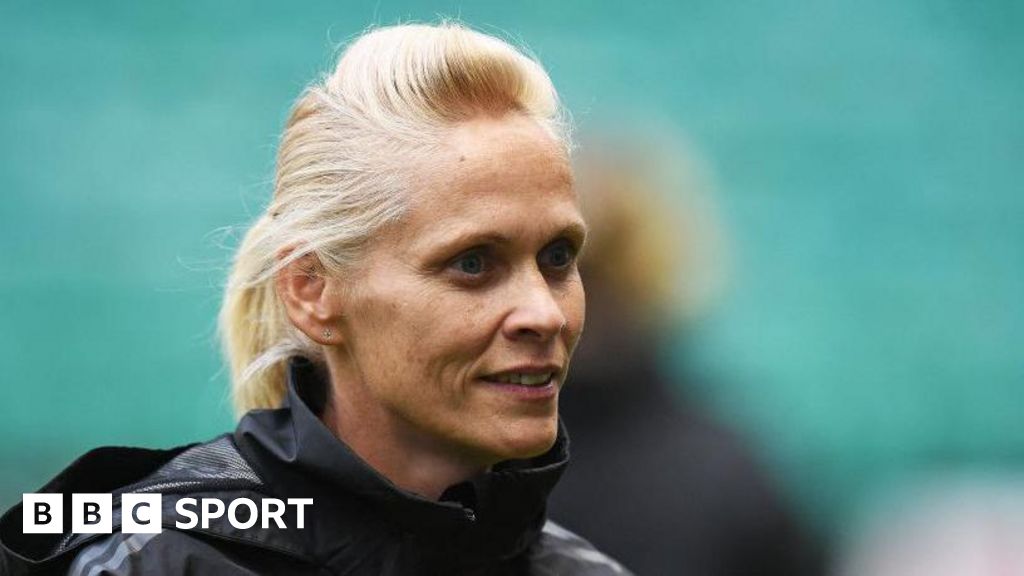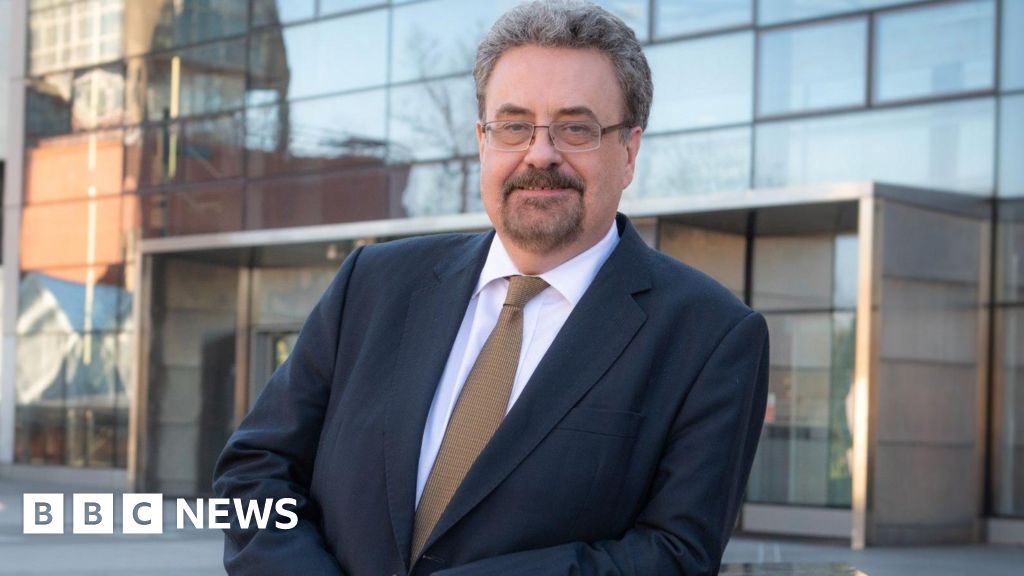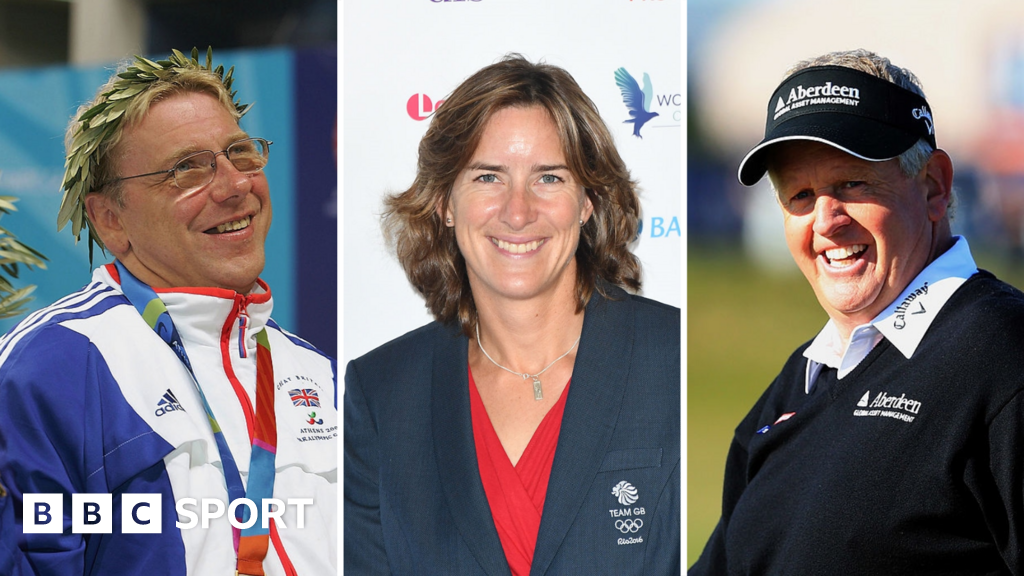Bussiness
Sir Tom Hunter revealed as benefactor who paid for Alex Salmond’s repatriation flight

Sir Tom said the former First Minister’s devotion to Scotland should be reflected in a dignified and private return home.
“Whilst he and I disagreed on some of his ambitions, Alex Salmond devoted his life to Scotland and the Scottish people and as such he, and importantly his family, deserved the dignity and privacy of a private return to the home of his birth,” Sir Tom told The Times.
READ MORE:
“Our deepest sympathy and thoughts are with his family at this time.”
Sir Tom wrote warmly of the former SNP leader on X last Sunday the day after the announcement of Mr Salmond’s death last Saturday.
Recalling sitting beside him at the Scottish Business Awards one year, he wrote: “I remember sitting at the Scottish bizz awards with him he was doing 3:2 diet the awards dragged on past midnight he looked at his watch said to the waitress it’s a new day I can have a pudding now. All the best to his family.”
Scotland’s first self-made billionaire, Sir Tom is understood to have paid for the flight himself and not used the resources of his philanthropic foundation, The Times reported.
According to earlier reports, the cost of an RAF jet for the repatriation was £600,000 with the Scottish Government considering chartering a private flight. It is expected to travel directly from Ohrid to Aberdeen airport on Friday, scheduled to land at 1.45pm.
The coffin will be met by Mr Salmond’s family and acting Alba Party leader Kenny MacAskill.
It is thought that a small family funeral will be held later this month in the Aberdeenshire village of Strichen, where Mr Salmond lived with his wife Moira.
A separate larger memorial is likely to take place at a later date in Edinburgh.
In a statement on Wednesday, Mr MacAskill, the acting leader of the Alba Party, which Salmond led from when he founded it in 2021 until his death, said: “The family are incredibly grateful for the support which is being provided by a private citizen to charter a private plane to allow Alex’s body to come home to Scotland.
“It brings a great deal of comfort to Moira [Salmond’s wife] and other members of the family to know that he will soon be home with them.”
Mr MacAskill thanked the North Macedonian government for its help repatriating the former Scottish First Minister’s body.
Sir Tom has long been a powerful voice in Scotland’s business community, publishing detailed economic analyses of the consequences of “yes” and “no” votes in both the Scottish independence and Brexit referendums.
He backed the Labour Party at the last general election and donated £100,000 to the party in 2001.
He predicted “the Tories are going to get a good old kicking in the polls” and questioned whether the SNP had any inspirational policies for Scotland.
Before the vote, he said: “I think we’ve got to give Labour a chance, and then we’ll judge them on their actions, not their wants. I’m looking for hope and inspiration.”
On the eve of the 2014 independence ballot, he told The Times that Scots had not been given “the full set of cards” to enable them to choose independence, suggesting that if Scotland voted to go its own way uncertainty over currency would be bad for business.
Sir Tom grew up in the Ayrshire mining town of New Cumnock and went on to read economics and marketing at Strathclyde University.
As a student he worked in his holidays for his father, Campbell, who was involved in a footwear business. Realising trainers were hugely popular, he started selling them from the back of a van, founding a business which eventually became Sports Division.
Sir Tom was knighted in 2005 and two years later pledged to give £1 billion to charities in Britain and Africa.
His Hunter Foundation is described as “proactive venture philanthropy” and is eminently practical in its approach.
In 2001 a £5 million endowment funded the Hunter Centre for Entrepreneurship at Strathclyde, while more recent business initiatives include the Scale Up programme, whose second phase was announced last month. It seeks to address the lack of strategic support available to high-growth businesses, boosting their turnover to more than £100 million.










